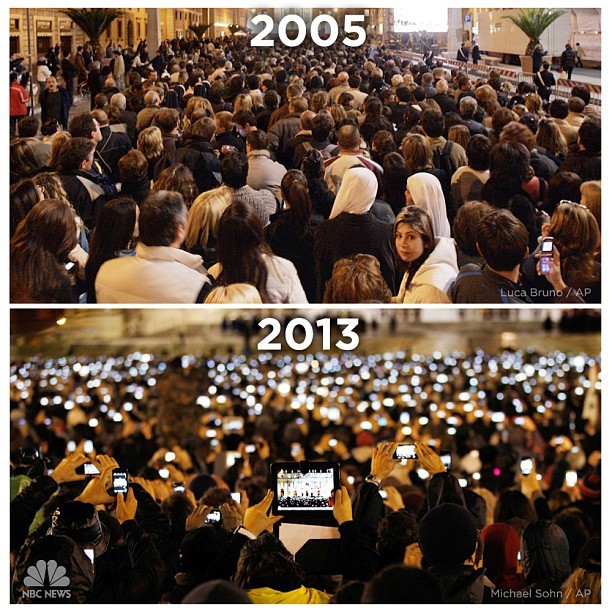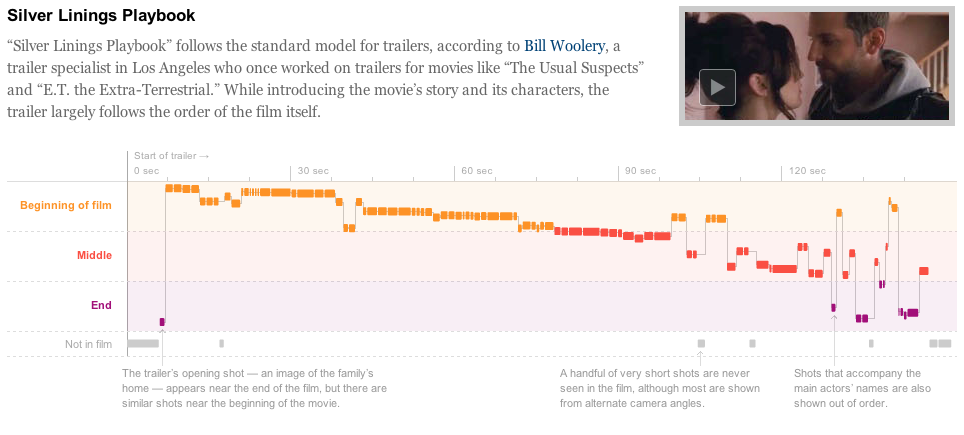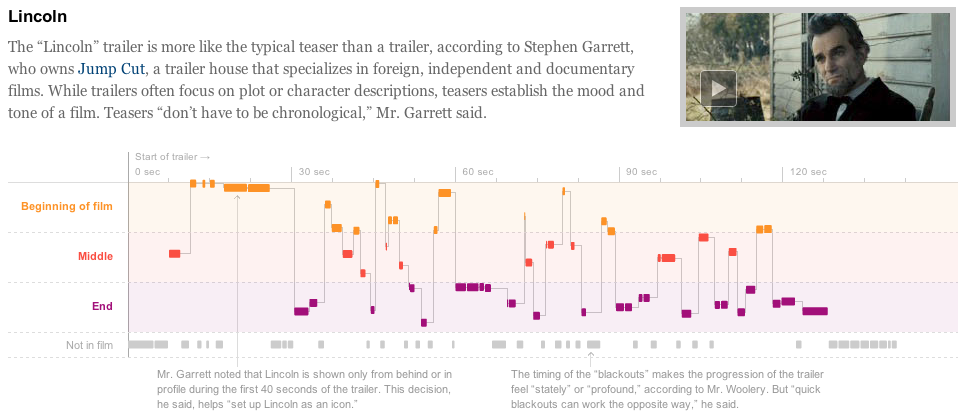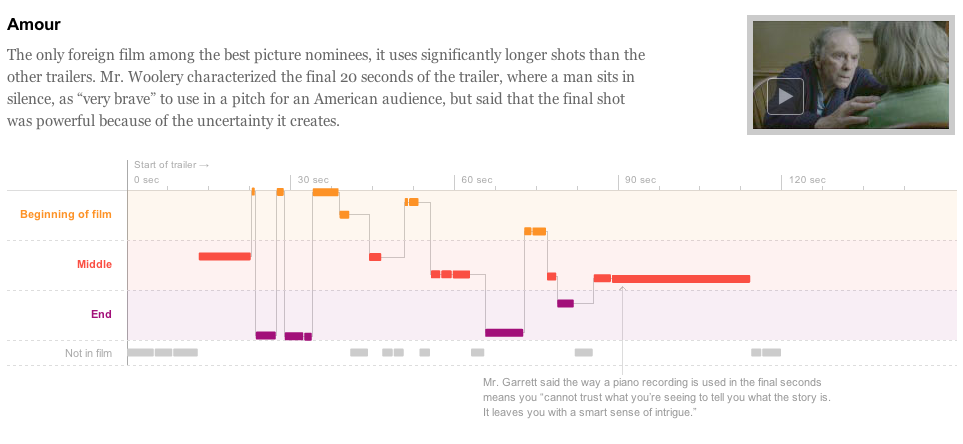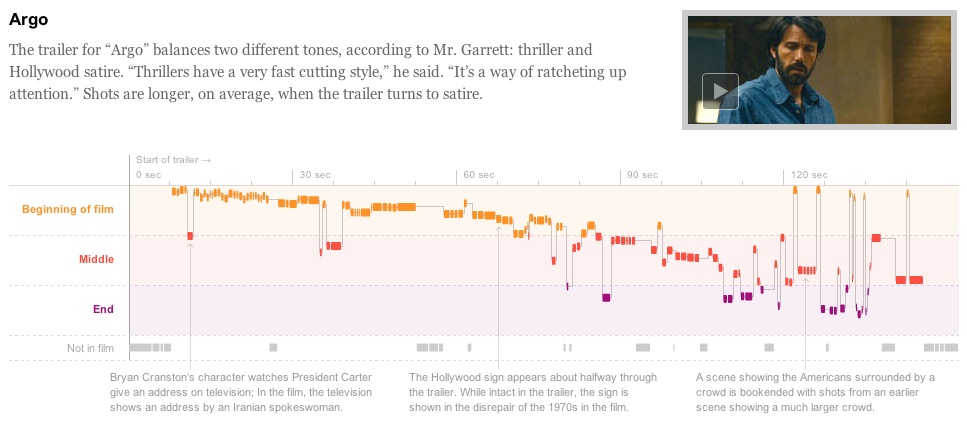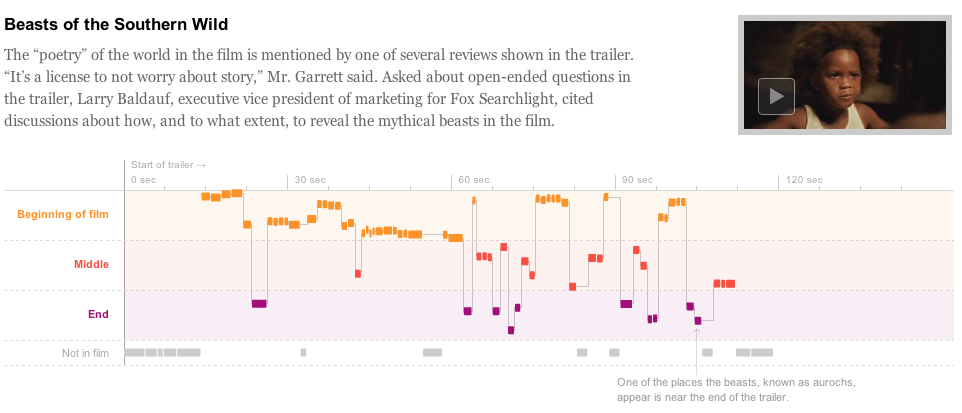I can’t imagine anyone outside of an affluent family pursuing a career with so little room for financial growth. And I wonder: Would that well-to-do reporter shake hands with the homeless person she interviews? Would she walk into a ghetto and knock on a door to speak with the mother of a shooting victim? Or would she just post some really profound tweets with fantastic hash tags?
Maybe that’s what people – editors and readers – put at a premium now. Maybe a newsroom full of fresh-from-the-dorm reporters who stay at their desks, rehashing press releases and working on Storify instead of actual stories, is what will keep newspapers relevant.
But I doubt it.
I can’t imagine anyone outside of an affluent family pursuing a career with so little room for financial growth. And I wonder: Would that well-to-do reporter shake hands with the homeless person she interviews? Would she walk into a ghetto and knock on a door to speak with the mother of a shooting victim? Or would she just post some really profound tweets with fantastic hash tags?
Maybe that’s what people – editors and readers – put at a premium now. Maybe a newsroom full of fresh-from-the-dorm reporters who stay at their desks, rehashing press releases and working on Storify instead of actual stories, is what will keep newspapers relevant.
But I doubt it.
—Allyson Bird’s poignant and pointed story on why she left her job at a newspaper.
